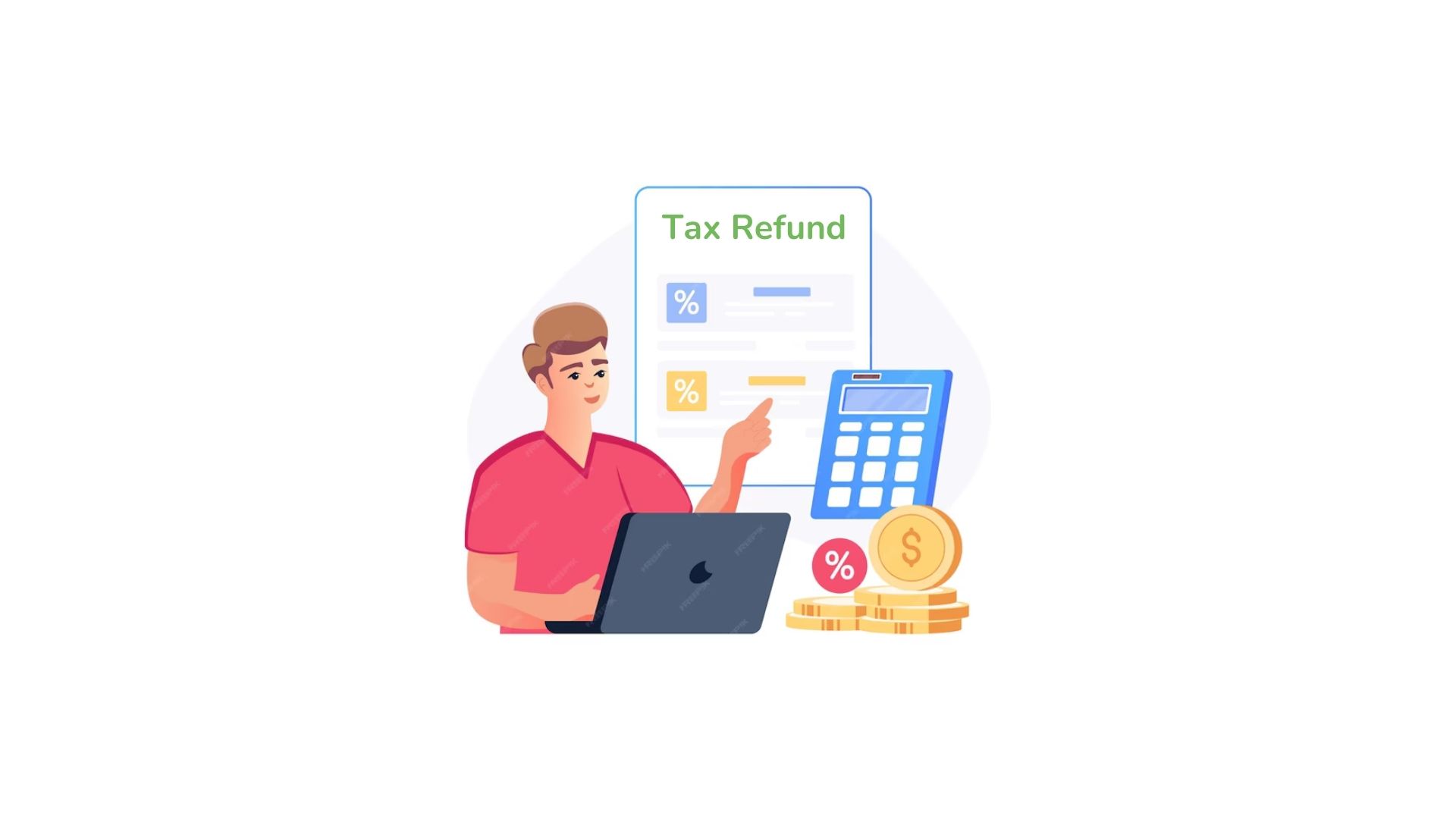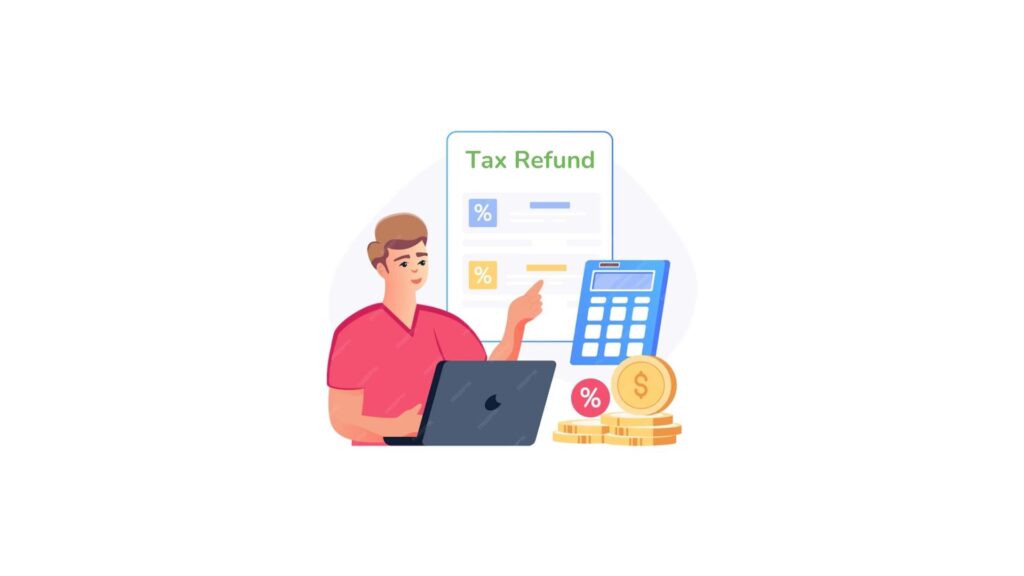
22 Apr Tax Refunds: A Complete Guide

Navigating tax refunds can be complex, especially with the evolving regulations and legal precedents. Section 54 of the tax code serves as a guiding light, offering provisions for individuals and entities to claim refunds under specific circumstances. Let’s explore the intricacies of tax refunds, from eligibility criteria to recent case laws shaping the landscape.
Overview of Section 54
- Eligibility Criteria: Section 54 allows any person to claim a refund of tax and interest within two years from the relevant date. This provision ensures that individuals have ample time to initiate refund claims, providing a reasonable timeframe for compliance.
- Timeframe for Claiming Refunds: The two-year window is crucial for taxpayers, emphasizing the importance of timely action. Failure to claim refunds within this period may result in forfeiture, highlighting the need for proactive measures.
Refund Process for Registered Persons
- Unutilized Input Tax Credit: Registered persons have the privilege of claiming a refund of any unutilized input tax credit at the end of any tax period. However, certain conditions must be met to qualify for such refunds, ensuring compliance with regulatory norms.
- Conditions for Claiming Refunds: While the refund process offers flexibility, it is subject to specific conditions aimed at preventing misuse and ensuring fair treatment. Adhering to these conditions is essential for a smooth refund experience.
Application Process
- Documentation Requirements: Applying for a refund requires thorough documentation, including supporting evidence to substantiate the claim. This step is crucial for verifying the legitimacy of refund requests and maintaining transparency in the process.
- Provisional Refunds: In cases of zero-rated supply of goods or services, the proper officer may refund 90% of the total amount claimed on a provisional basis. This provision aims to provide relief to taxpayers facing financial strain pending the final settlement of refund claims.
Verification and Settlement
- Verification Process: Upon receiving refund applications, authorities conduct due verification to ensure compliance with regulatory requirements. This step involves scrutinizing the documents submitted and verifying the accuracy of the information provided.
- Final Settlement: The final settlement of refund claims occurs after thorough verification, culminating in the issuance of refunds to eligible applicants. This stage marks the culmination of the refund process, providing closure to taxpayers awaiting reimbursement.
Recent Case Laws
- Usha Jaiswal v. Calcutta High Court
Introduction
In the case of Usha Jaiswal Vs Senior Intelligence Officer, the Calcutta High Court addressed the issue of alleged forced GST recovery and directed the petitioner to apply for a refund. This article delves into the details of the case, the court’s directives, and its implications.
Facts of the Case
The petitioner sought relief from the court, alleging that the CGST/WBGST authority collected an amount through DRC-03 by the DGGI. The respondent authority contended that to claim such a refund, the petitioner must file an application under Section 54 of the CGST Act before the relevant authority.
Issue
The primary issue before the court was whether the petitioner was entitled to a refund of the amount allegedly collected by the DGGI.
Held
The court disposed of the writ petition by granting the petitioner the liberty to file an application for refund under Section 54 of the CGST Act within ten days. The court specified that if the petitioner complies with this directive, the application would be considered within two weeks from its receipt.
The court emphasized that before making any decision on the refund, the petitioner or its authorized representatives must be provided with an opportunity for a personal hearing. Additionally, they should be allowed to rely on any judicial decisions by other courts that are relevant to the matter.
- Tulip Nilgiris Export Pvt. Ltd. v. Madras High Court
Introduction
The Madras High Court recently issued a significant ruling regarding Integrated Goods and Services Tax (IGST) refund claims. This article provides an overview of the case involving M/s. Tulip Nilgiris Exports Pvt. Ltd. and the Additional Commissioner of Central Taxes and Central Excise (Appeals), highlighting the court’s decision and its implications.
Facts of the Case
The case revolves around a refund claim related to exports conducted between July 2017 and November 2017. The petitioner, M/s. Tulip Nilgiris Exports Pvt. Ltd., a tea exporter registered under GST laws, claimed a refund for Input Tax Credit (ITC) availed during this period. The petitioner argued that the refund application, filed on January 9, 2019, fell within the two-year timeframe specified by Section 54 of the CGST Act.
Issue
The main issue before the court was whether the petitioner’s refund claim, encompassing exports from July 2017 to November 2017, was valid within the statutory timeframe.
Held
Justice Senthilkumar Ramamoorthy’s bench ruled in favor of the petitioner, stating that the refund claim was indeed within the stipulated two-year timeframe from the relevant export date. The court emphasized that Section 54 of the CGST Act allows for a two-year window for filing refund claims, with the relevant date being the date of export. Therefore, the petitioner’s claim was deemed valid.
- Afortune Trading Research Lab LLP v. Madras High Court
Introduction
In a significant legal development, the Madras High Court delivered a landmark judgment in the case of Afortune Trading Research Lab LLP vs. Additional Commissioner (Appeals I). The ruling addressed critical concerns regarding the eligibility of exporters receiving payments via PayPal for Goods and Service Tax (GST) refunds.
Facts of the Case
The case centered on the rejection of the petitioner’s refund applications by GST authorities. The rejection was based on the argument that export proceeds credited in Indian Rupees through PayPal did not qualify as foreign exchange earnings under GST regulations. The petitioner, Afortune Trading Research Lab LLP, received export proceeds in US Dollars through PayPal, which were later converted to Indian Rupees after deductions by PayPal’s bankers.
Issue
The key issue at hand was the interpretation of “export of services” under Section 2(6) of the Integrated Goods and Services Tax Act, 2017 (IGST Act). Specifically, the dispute revolved around whether receiving payments through PayPal, with subsequent conversion to Indian Rupees, met the criteria of foreign exchange earnings for GST refunds.
Held
The Madras High Court ruled in favor of the petitioner, emphasizing that transactions conducted via PayPal complied with Foreign Exchange Management Regulations. The court noted that PayPal acted as an intermediary, and the initial receipt of payment in foreign currency fulfilled regulatory requirements. The rejection by GST authorities was overturned, affirming the petitioner’s eligibility for GST refunds.
- VSM Weavess India Pvt. Ltd. v. Madras High Court
Introduction
In a recent judicial ruling, the Madras High Court deliberated on the case involving VSM Weavess India Private Limited against the Assistant Commissioner (ST). The dispute centers on the denial of a refund of unutilized Input Tax Credit (ITC), raising significant questions regarding the interpretation of GST laws.
Facts of the Case
VSM Weavess India, a textile manufacturing company, sought an ITC refund due to the inverted duty structure. The company argued that the tax paid on raw material (viscose yarn) at 12% exceeded the tax payable on the final product (viscose fabrics) taxed at 5%. Additionally, the petitioner engaged in export sales, claiming a refund of Integrated Goods and Services Tax (IGST) for zero-rated supplies.
The respondent issued deficiency memos, citing objections to the refund claims. These objections included contentions that the petitioner, having received a refund for zero-rated exports, was ineligible for an ITC refund under Section 54 of the GST Act. Furthermore, delays in making debit entries for the refund claims were highlighted.
Issue
The central issue addressed by the court was whether the petitioner’s eligibility for an ITC refund, in light of zero-rated exports and delays in procedural aspects, was justified under the provisions of the GST Act.
Held
The Madras High Court scrutinized the deficiency memos and ruled in favor of VSM Weavess India. It emphasized that a refund for zero-rated exports does not preclude a separate claim for unutilized ITC under Section 54 of the GST Act. The court highlighted the distinct provisions allowing refunds for both scenarios.
Regarding the delays in making debit entries, the court asserted that once statutory conditions are met, delays should not hinder legitimate refund claims. Additionally, the absence of debit entries cannot override valid refund claims.
The court also acknowledged the importance of supporting documents and directed the petitioner to submit necessary documents within a stipulated timeframe for reconsideration.


No Comments